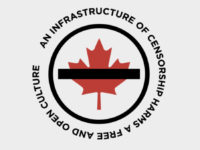Having examined the foundational weaknesses of the Bell coalition’s website blocking plan (existing Canadian law, weak piracy evidence, limited impact) and its negative effects (lack of court orders, overblocking, ineffectiveness, violation of net neutrality, vulnerability on freedom of expression grounds, higher Internet costs, privacy risks), the case against the plan enters the final phase with several posts on how it fails to meet the requirements under the Telecommunications Act.
In 2006, then-Industry Minister Maxime Bernier led the push for a new policy direction to the CRTC on implementing Canadian telecommunications policy objectives. The direction states:











